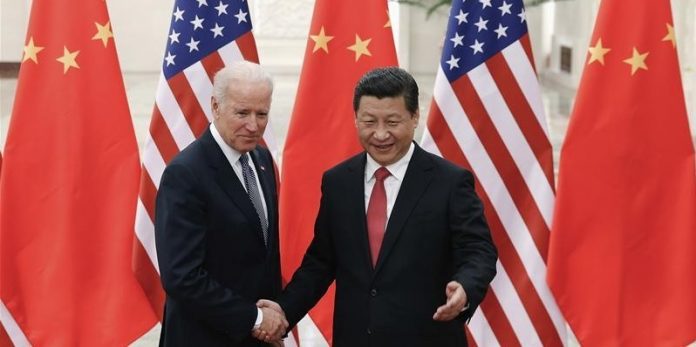The Biden administration has announced new tariffs targeting Chinese electric vehicles (EVs), advanced batteries, solar cells, steel, aluminum, and medical equipment, which will be implemented gradually over the next three years. This move is part of the administration’s effort to demonstrate toughness on China and address concerns about unfair trade practices and national security risks.
The tariffs are part of a comprehensive review under Section 301 of the Trade Act of 1974, which aims to respond to unfair trade practices. The administration believes the structured implementation of tariffs will help mitigate potential inflationary effects. However, tensions with China are expected to escalate, possibly leading to retaliatory measures from China and introducing risks and uncertainties associated with the tariffs.
Moreover, Chinese goods, particularly EVs, which can be sold for as low as $12,000 due to government subsidies, are a vital focus of the tariffs. The administration’s decision to impose substantial tariffs, including a significant increase to 102.5% on Chinese EVs this year, clearly indicates its commitment to addressing concerns about unfair trade practices and national security risks.
While the initial impact on inflation and trade volume may be limited, the tariffs signal a strategic shift in U.S.-China economic relations. The Biden administration emphasizes its focus on protecting domestic industries and workers, reflecting a departure from Trump’s broader tariff threats. These actions raise broader questions about global economic leadership and fair competition standards, with potential implications for future trade dynamics and geopolitical relationships.



